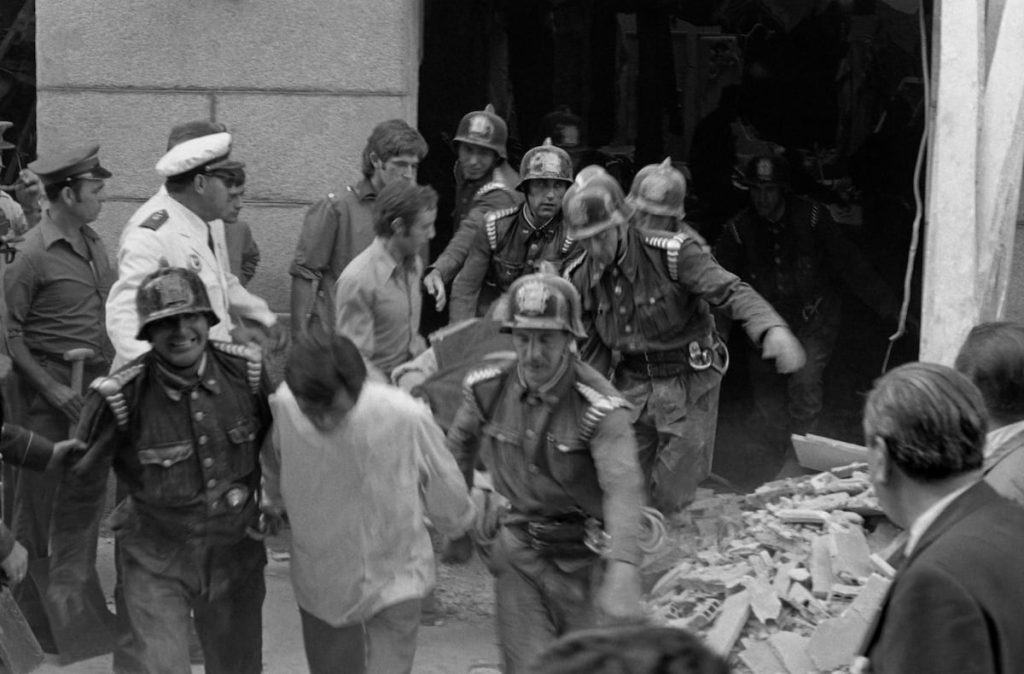In September 13, 1974, a powerful bomb exploded in the Rolando Cafeteria in Madrid, resulting in the death of 12 people and injuring many others. This was one of the deadliest attacks carried out by the Basque separatist group ETA, marking a significant moment in the group’s history. The attack was carried out in the context of the international wave of terrorism in the late 1960s and early 1970s, with ETA seeking to establish its presence and gain recognition among other terrorist groups.
Two books have been published on the 50th anniversary of the attack, shedding light on the incident and its aftermath. The historians Gaizka Fernández and Ana Escauriaza, associated with the Memorial Center for Victims of Violence in Vitoria, provide detailed accounts of the attack in their book “Dynamite, Nuts, and Lies (The Rolando Cafe Attack)”. Eduardo Sánchez Gatell, a former leftist activist with connections to ETA in Madrid, shares his personal testimony in “The Snake’s Egg (ETA’s Nest in Madrid)”, offering insights into the internal dynamics of the organization.
The attack was surrounded by mystery as ETA initially did not claim responsibility for it, leaving room for speculation and confusion regarding the motives behind the attack. The indiscriminate nature of the bombing caused division within the group, leading to a split between the Military and Political-Military factions of ETA. The attack on the Rolando Cafeteria highlighted the power struggle within the organization and set the stage for future actions by ETA.
The aftermath of the attack saw a shift in ETA’s strategy towards more violent and disruptive acts aimed at destabilizing the democratic process in Spain. The attack can be seen as a turning point in ETA’s history, marking the beginning of a more militant and radical phase for the group. The authors of the books provide insights into the motivations behind the attack and the internal disputes within ETA that led to it.
The confusion surrounding the authorship of the attack persisted for several decades, with ETA only officially claiming responsibility for it in 2018, upon its dissolution. The investigation into the attack was complicated by political factors and the lack of cooperation between Spain and France, where the perpetrators fled. The lack of justice for the victims and their families underscored the challenges faced by those affected by terrorism and the need for recognition and support in the aftermath of such traumatic events.
The books offer a comprehensive look at the Rolando Cafe attack, placing it in the context of ETA’s history and the broader wave of terrorism in the 1970s. The personal testimonies and historical accounts provide valuable insights into the motivations and consequences of the attack, shedding light on a dark chapter in Spain’s history. As the 50th anniversary of the attack is commemorated, it serves as a reminder of the lasting impact of political violence and the importance of remembering the victims and their stories.


